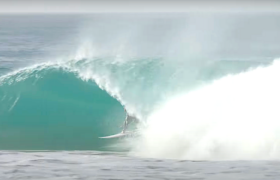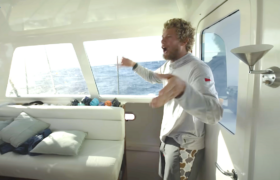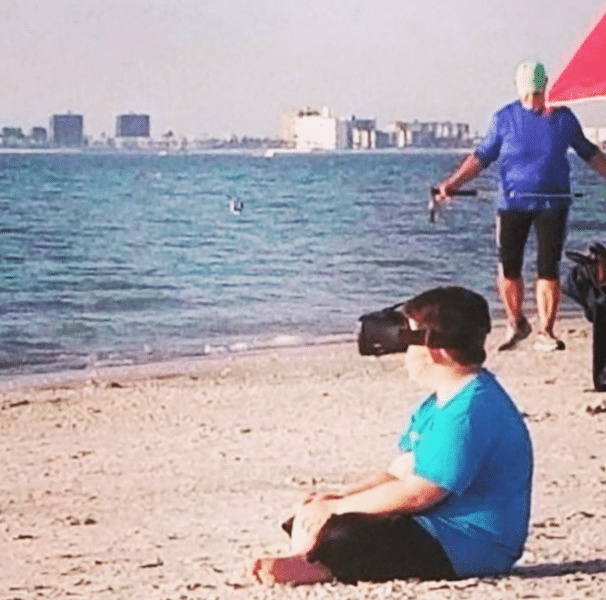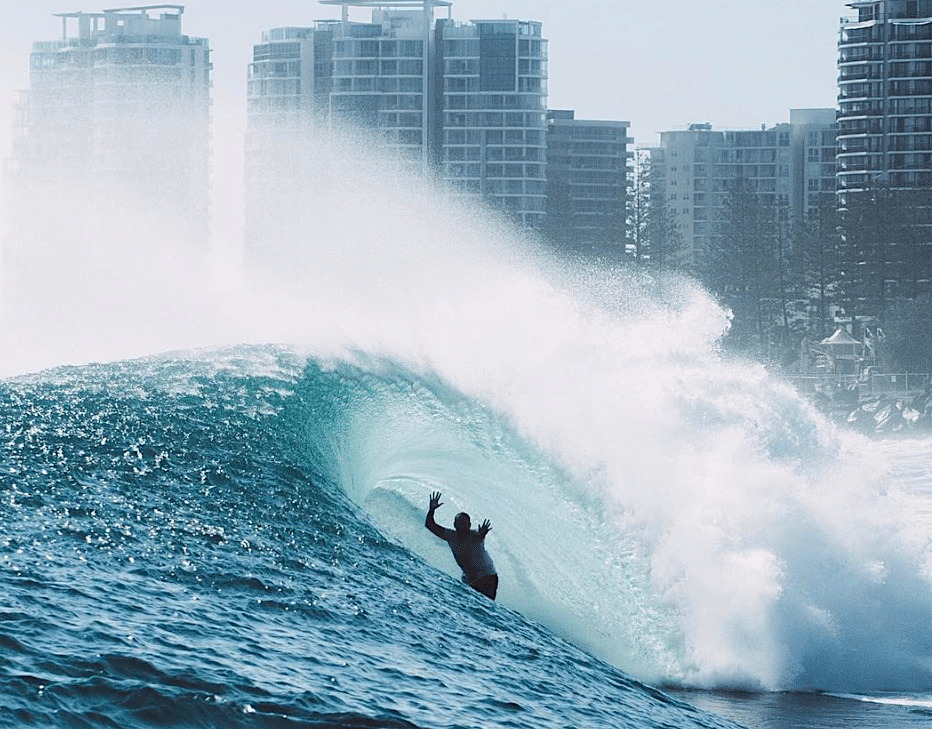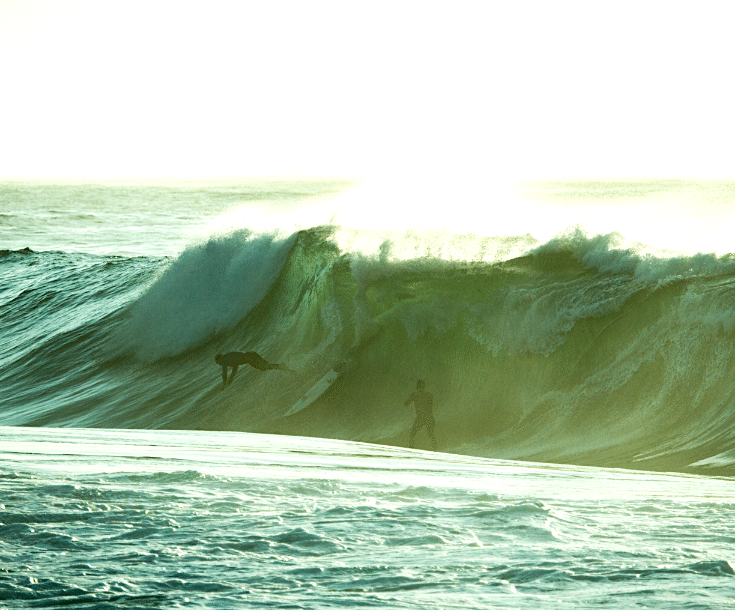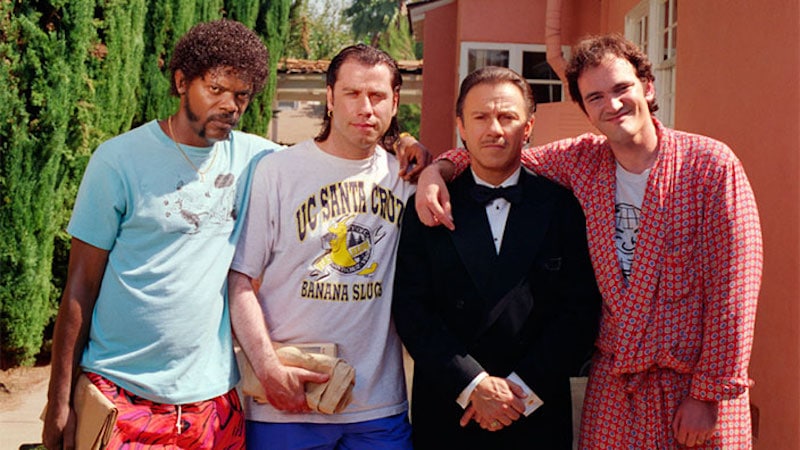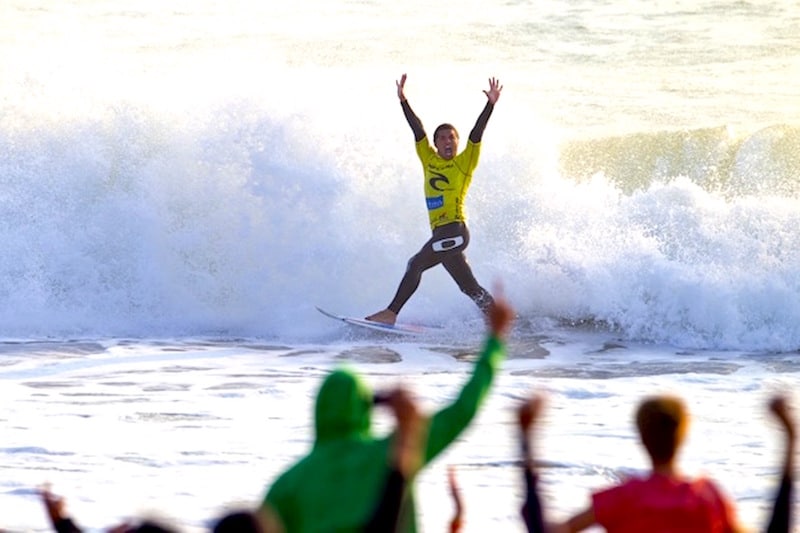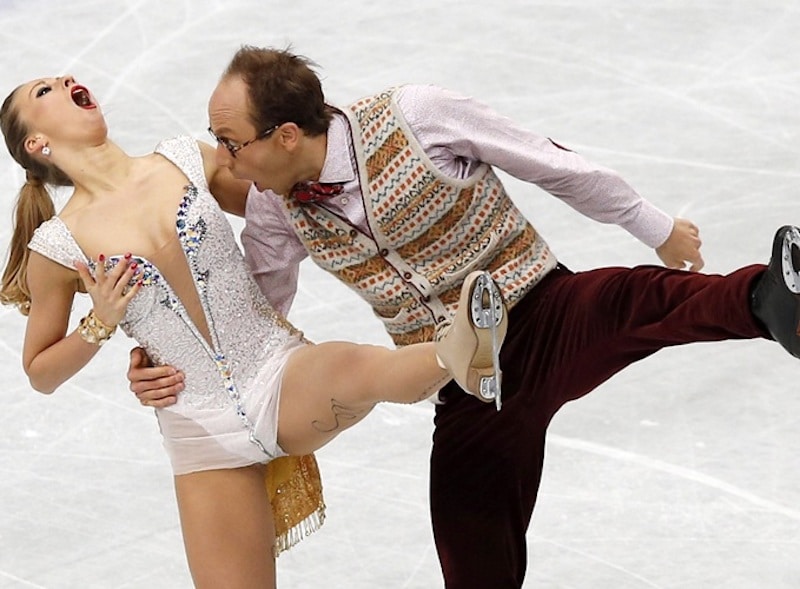Surfing's ultimate sell-out?
I hate everything about Facebook. I hate that it leeches away time and energy. I hate that it allows people to live shadow lives, cultivate false personas, or justify hateful behaviour by forming hateful allegiances with hateful strangers.
And I hate that Facebook owns the data of so many people, just as it now owns professional surfing.
I’m sure the WSL considered a subscription model to let us watch events, but obviously they’ve dismissed it as not viable at this stage. It’s probably the right decision for them, but not for me. Outsourcing broadcast and tech expertise and mainlining to millions of potential viewers is likely a “smart” move, but it doesn’t feel like the right one. I would gladly pay to keep surfing free from the shackles of tech behemoths and Big Data.
In my mind the marriage between the WSL and Facebook is surfing’s ultimate sell-out and I can’t believe more people don’t see that.
I gave up on Facebook a while back. It was making me angry and condescending. It was sapping my hope, and it was casting a gloomy net of opinion and judgement over family and friends.
Facebook stokes the embers of the worst versions of ourselves, the ones we push back in daily life and polite company. It is a platform to hoist our human failings for the world to see – greed, vanity, deceit, jealousy, bitterness, obsession with the self…you name it.
I object to people “liking” tragedy and serious illness, just as much as I object to them spraying love hearts and thumbs up emojis at blatant attention seeking and cries for help.
Recently a young boy from my town was killed in a car crash. I watched as the community clambered over each other in comment threads and faux heartbreak posts to grieve the hardest and fastest. A race to see who could get the most likes for a pithy post about a 17-year-old boy, smashed against a tree on a singletrack road. And I watched as the dead boy’s brother stumbled through some awkward posts of his own, unable to find the words or the will to grieve publically for his little brother, yet carried on a tide of competition to see who could be the most sympathetic, the most hurt. Some things are best kept private.
Declarations of love on FB are just as bad. I don’t think it would be a stretch to map the correlation between the professed happiness of a couple on FB and their actual happiness. Touting your wonderous union online is absolutely the death knells of that relationship.
People actually define themselves by their FB posts. I know a guy who came back from a snowboarding trip genuinely downbeat because “Facebook didn’t really make it look as good as it was”.
I know another guy, who, when his old man died, was told by FB that his dad’s profile page could and would not be removed. It had to stay there, frozen in the ether, his father’s memory presided over by grief tourists.
I shudder at the idea of being defined by things that I once posted on Facebook. I imagine dying tomorrow, and then, when my son is old enough, him trying to build a picture of his father based on look-at-me posts and vitriolic commentary I’ve been sucked into online. Better not to engage at all, I think. Better to opt out.
Which is what I did some months ago now. I know my page is still there, on an algorithmic hair trigger, ready to launch once more should I accidentally make an errant log in. But I haven’t so far, and I don’t intend to. Not even for surfing.
I haven’t missed FB. I find myself lagging on the occasional water cooler conversation, but that hardly matters. I can enjoy genuine interactions these days. Conversations with friends (you know, actual friends) that aren’t pre-loaded with pre-conceptions. It takes a moment or two for people to catch on. It takes a second for them to rediscover face-to-face engagement. After we’ve got by the statutory “Oh, so you didn’t see that on FB?”, conversations can actually feel real again.
So it’s against this background that I’ll bid adieu to watching pro surfing. On principle I can’t accept the union with FB. I understand it, sure. I understand that it’s a financial decision and a business decision and yet another decision in pursuit of pro surfing’s white whale – the mainstream audience – but I will not step aboard.
I love professional surfing, as dubiously entertaining as it may be.
But I will not sell myself or my data to Facebook in order to watch it, even for free.
